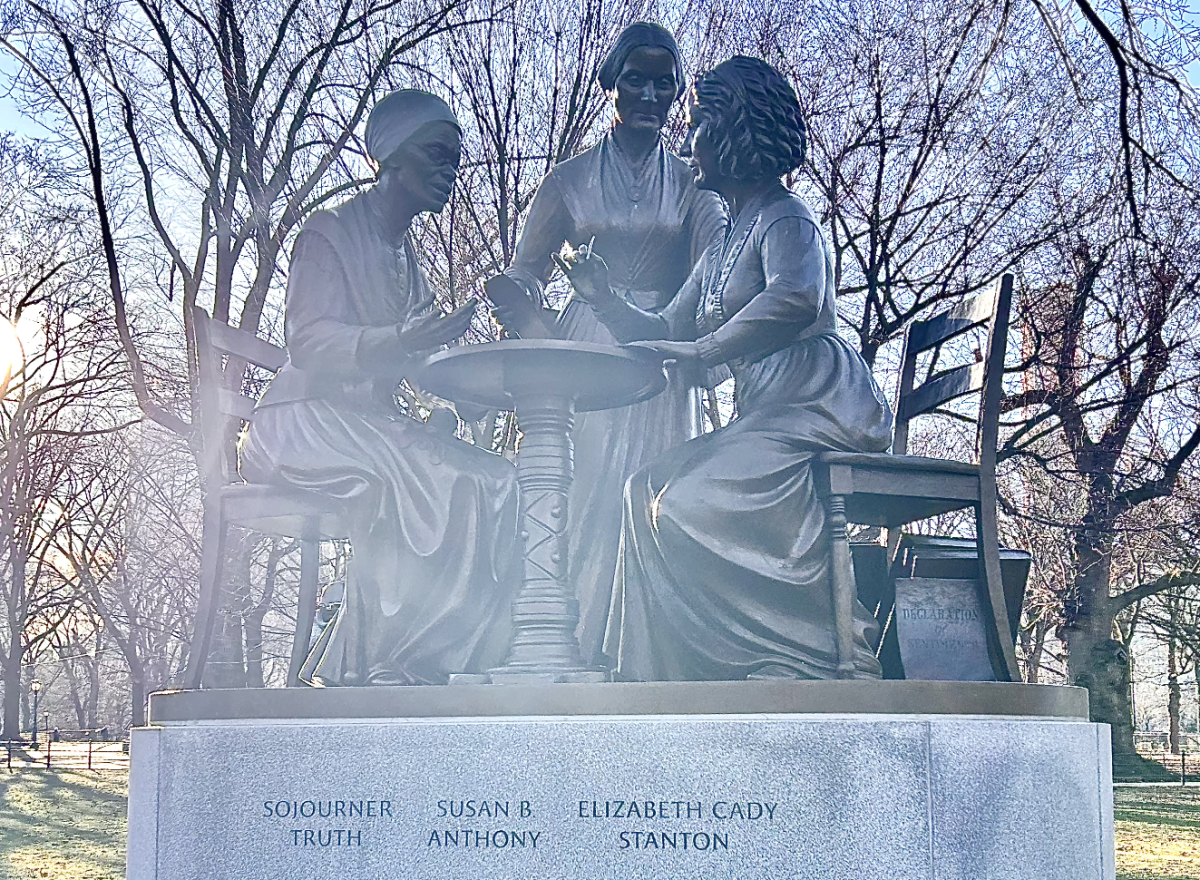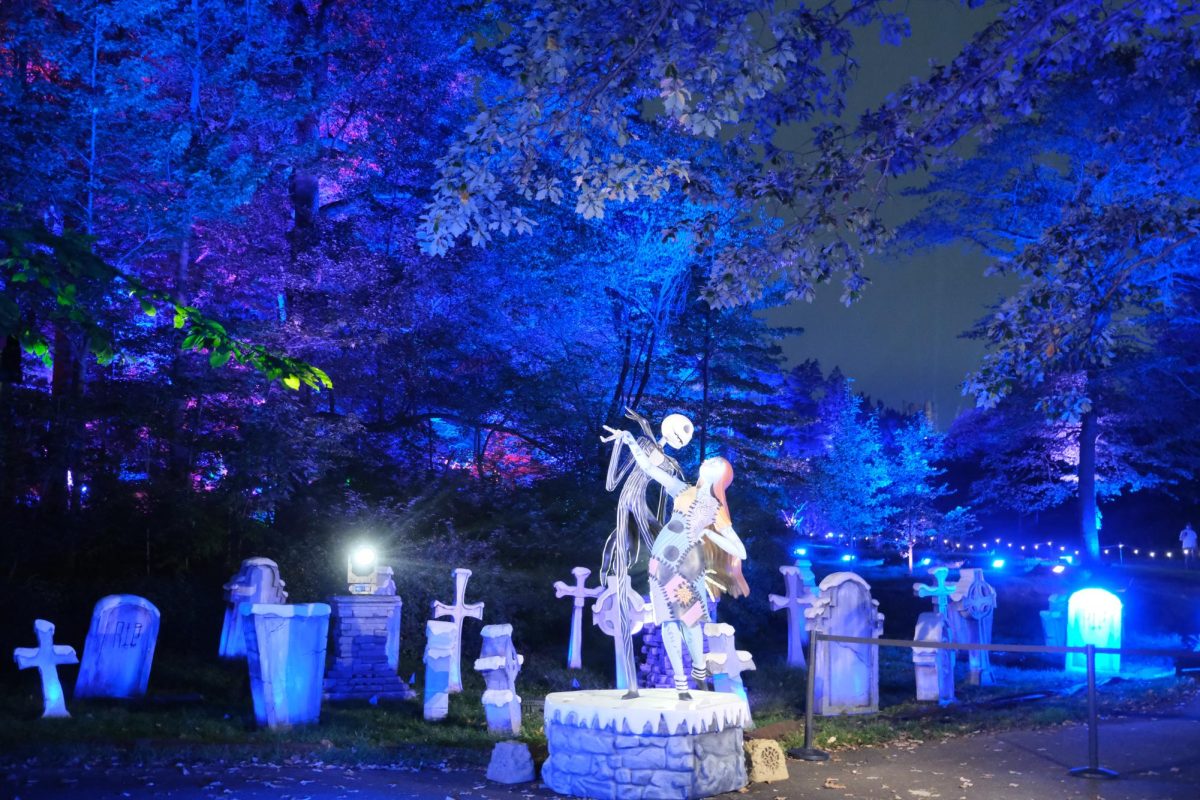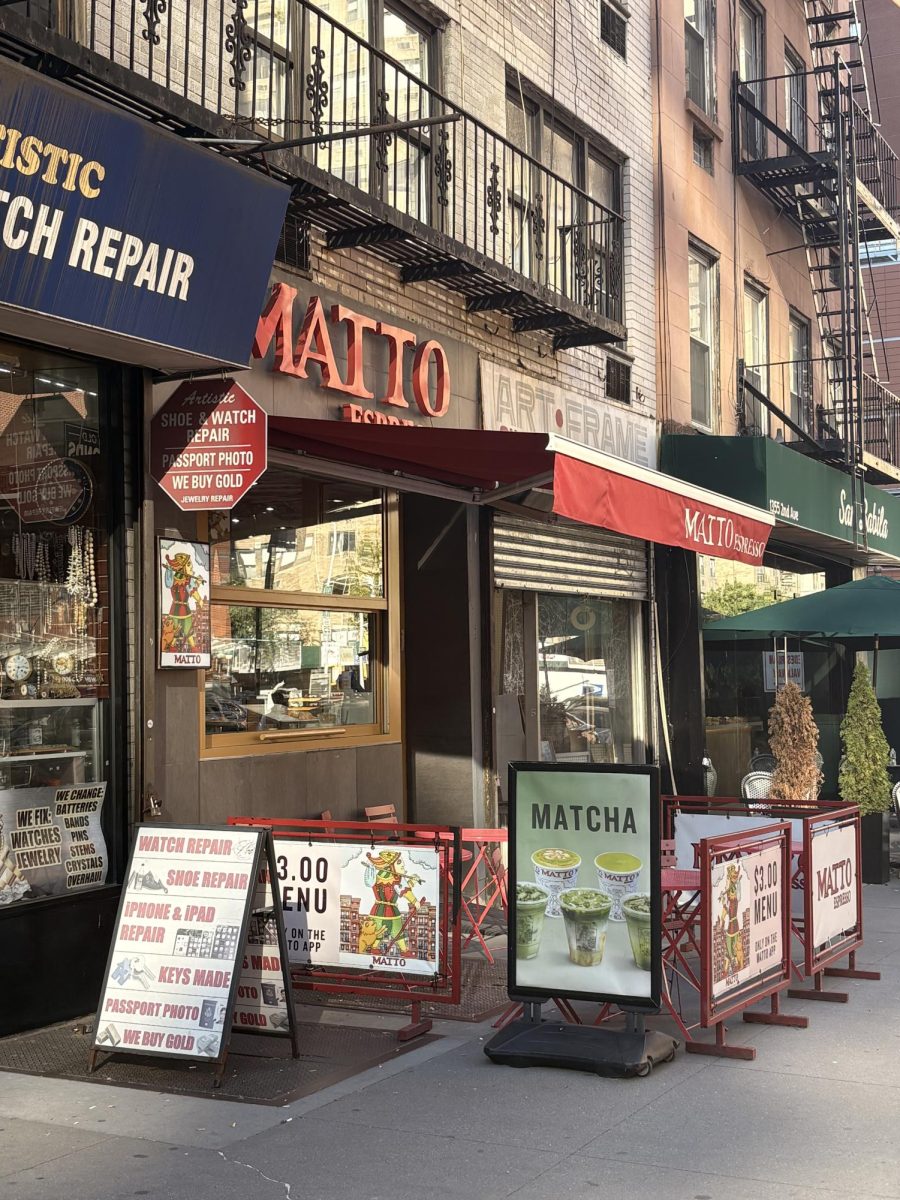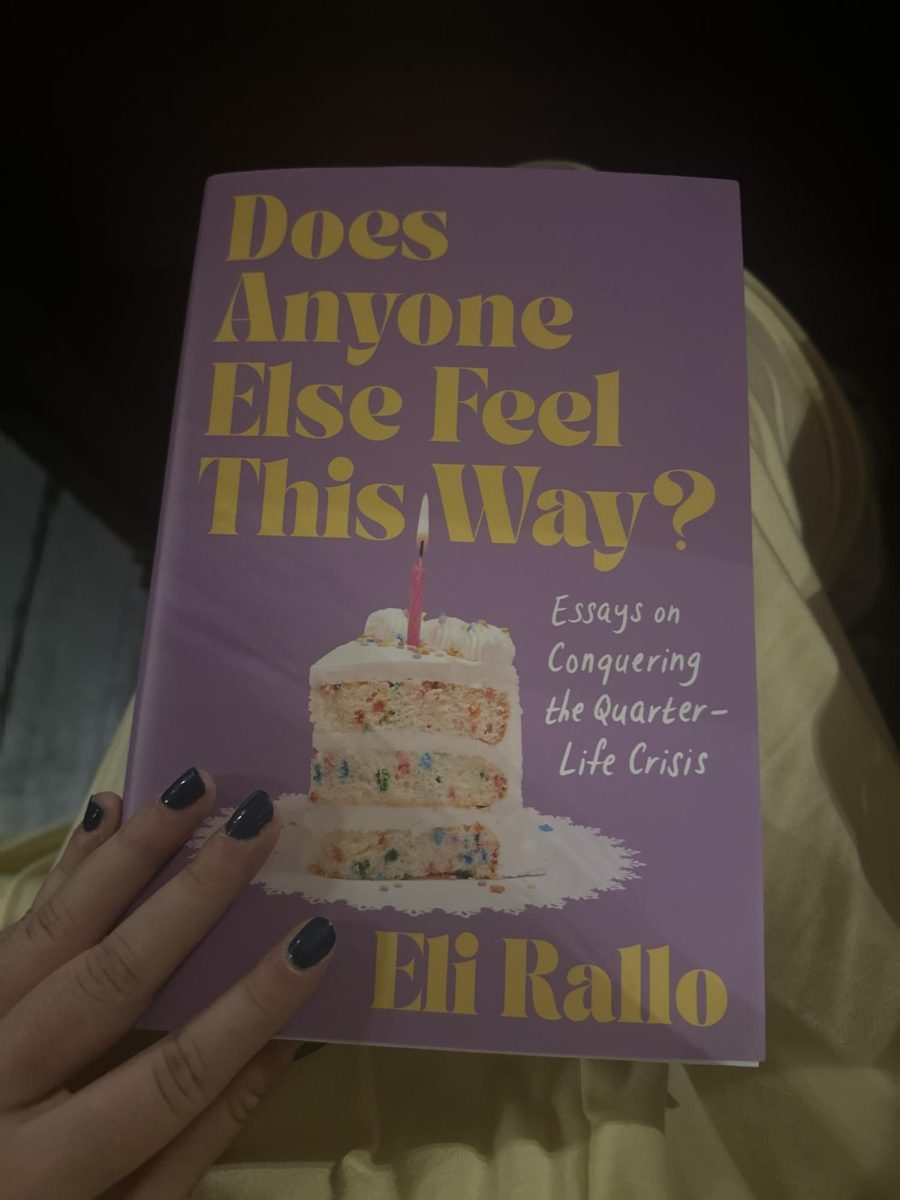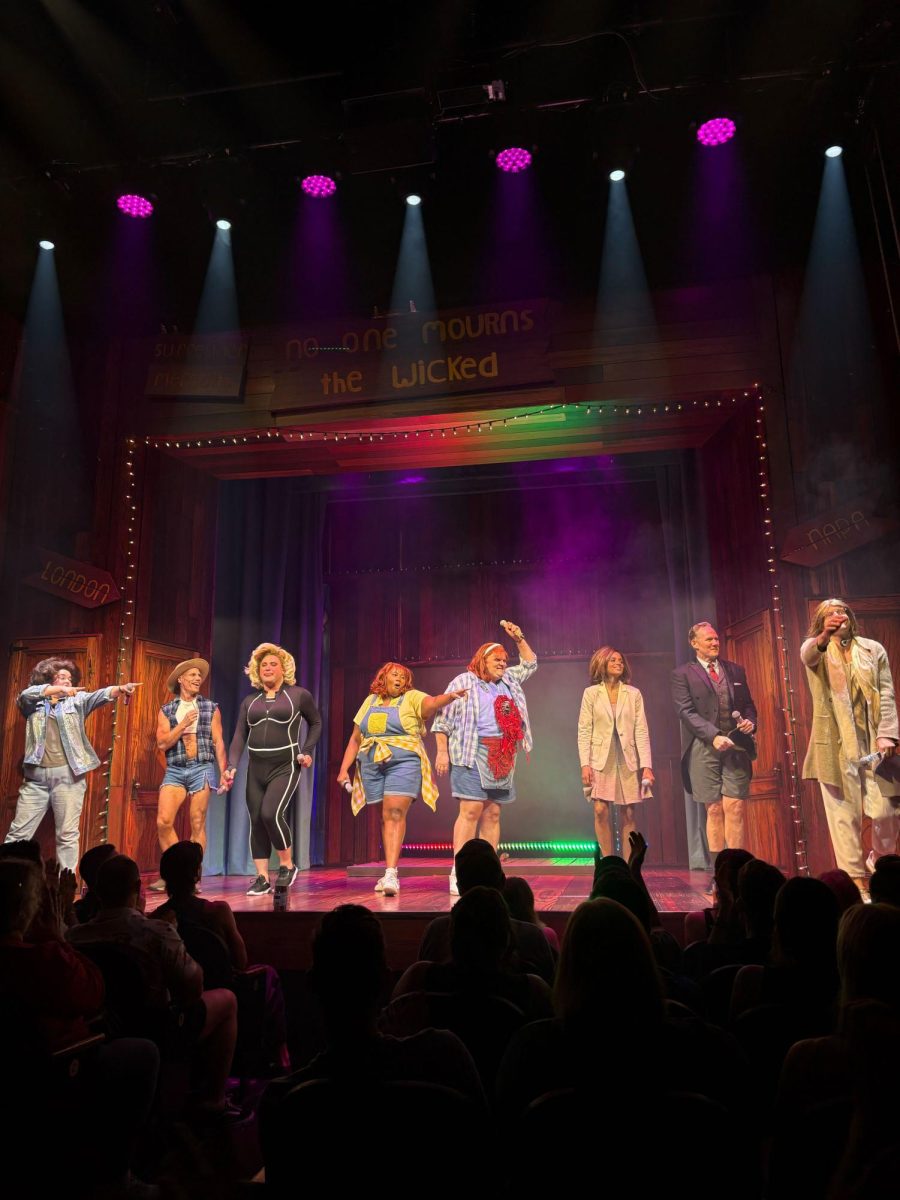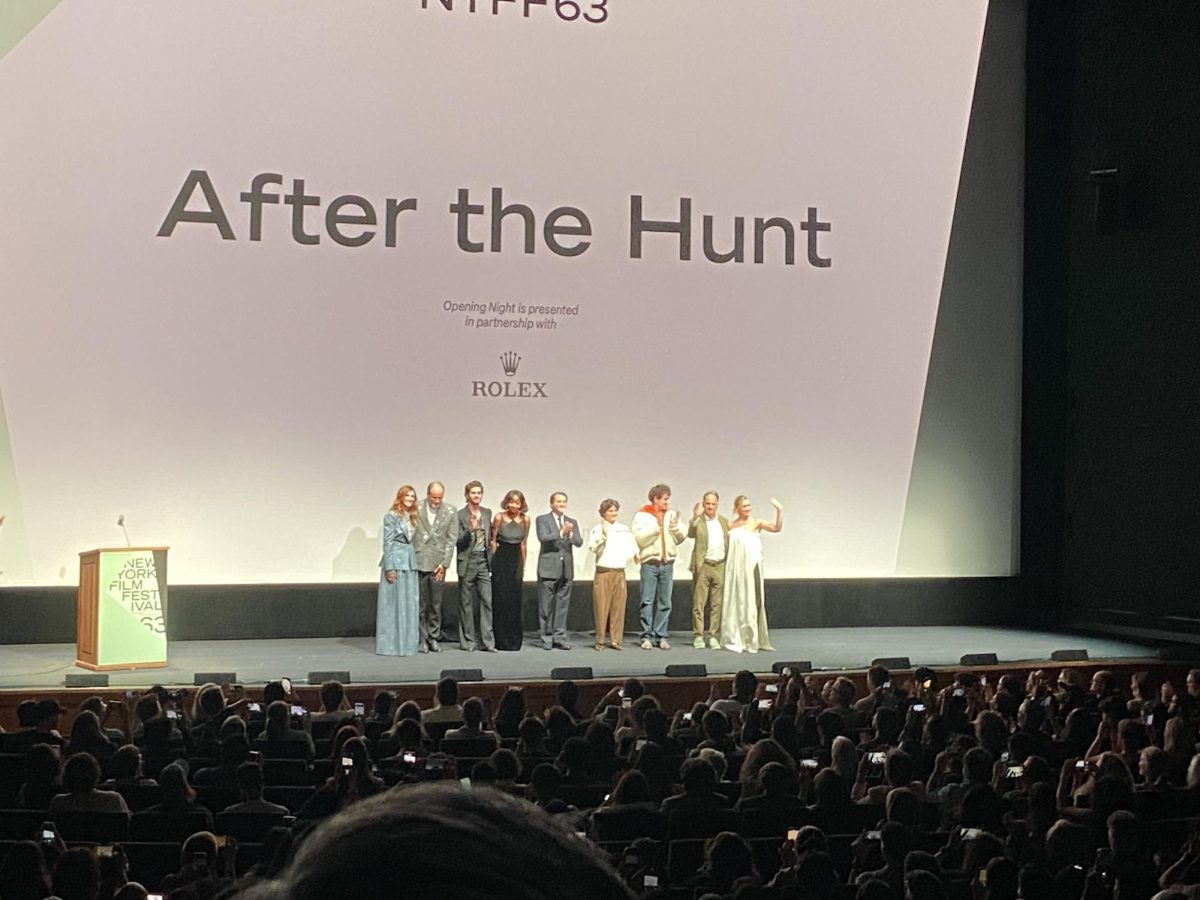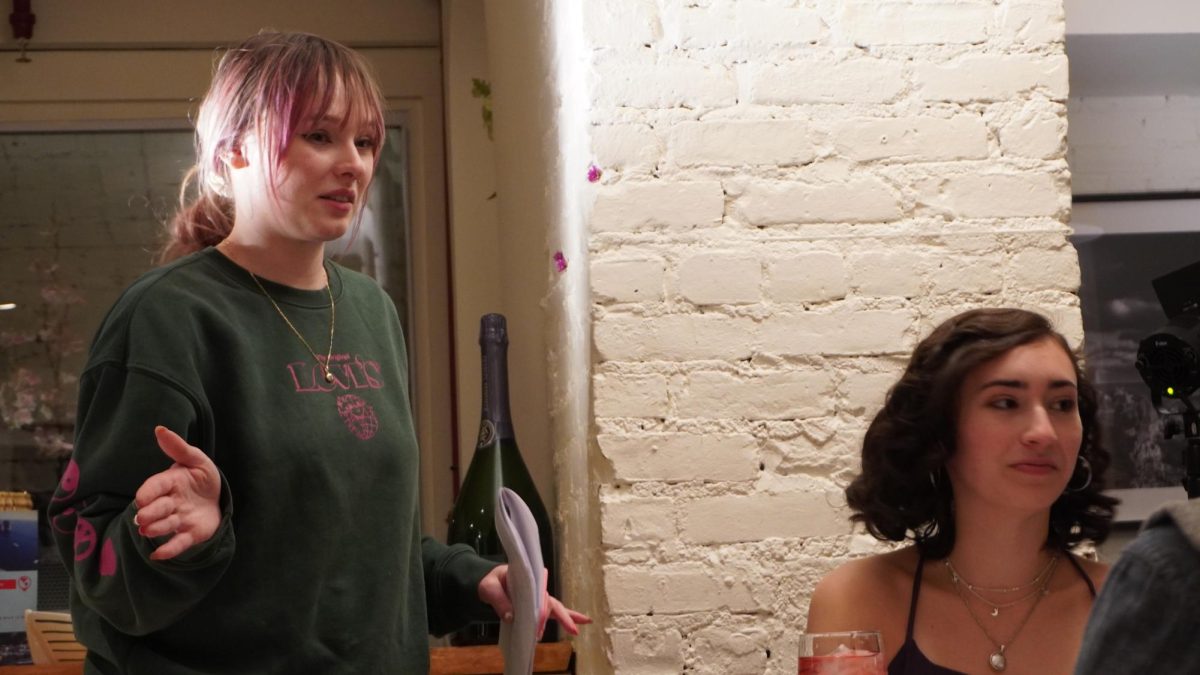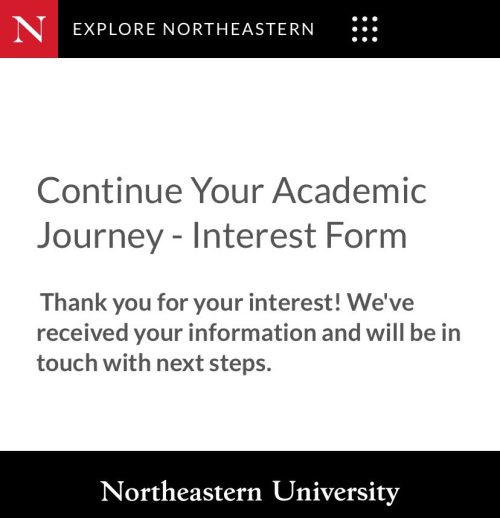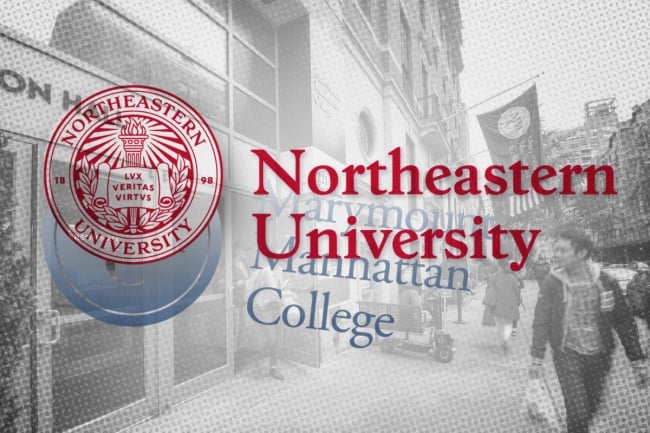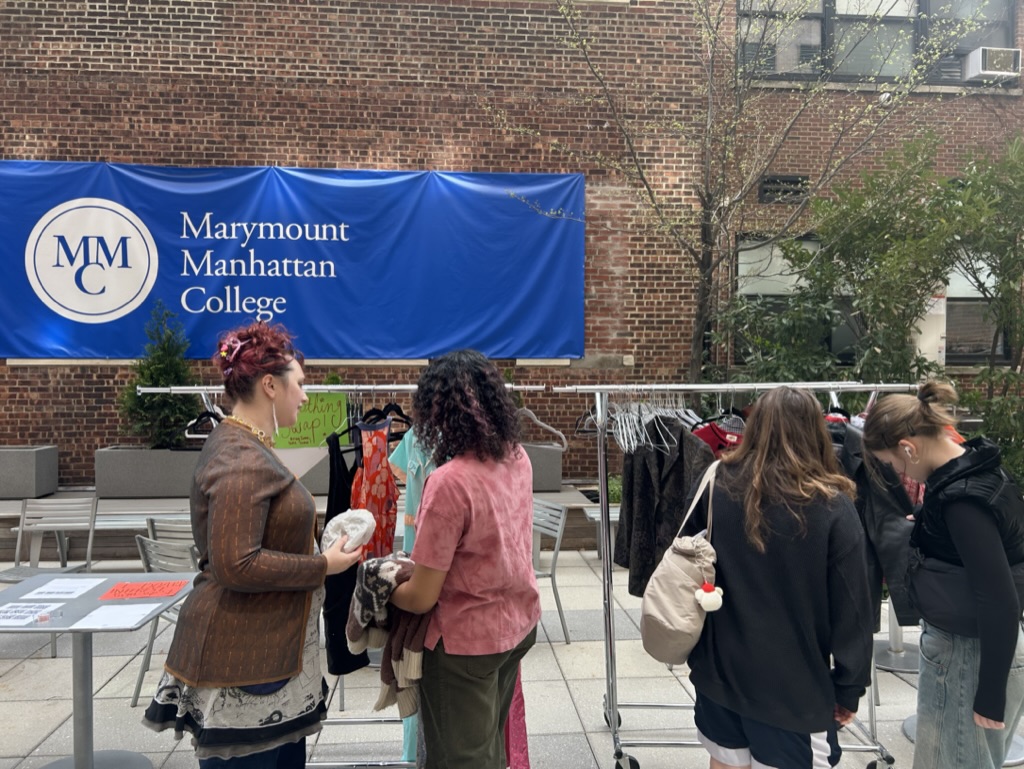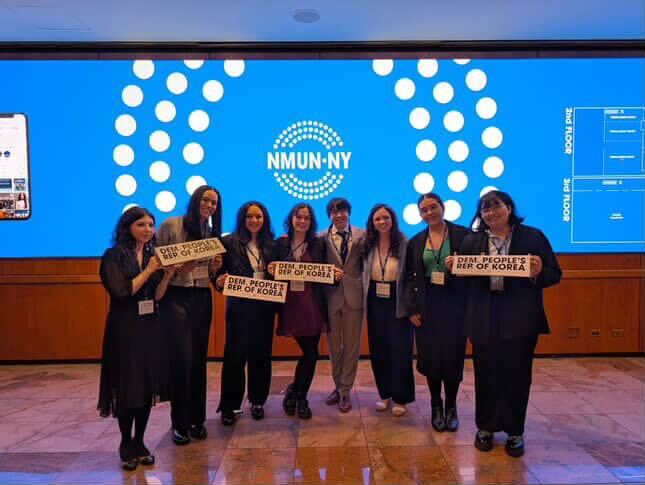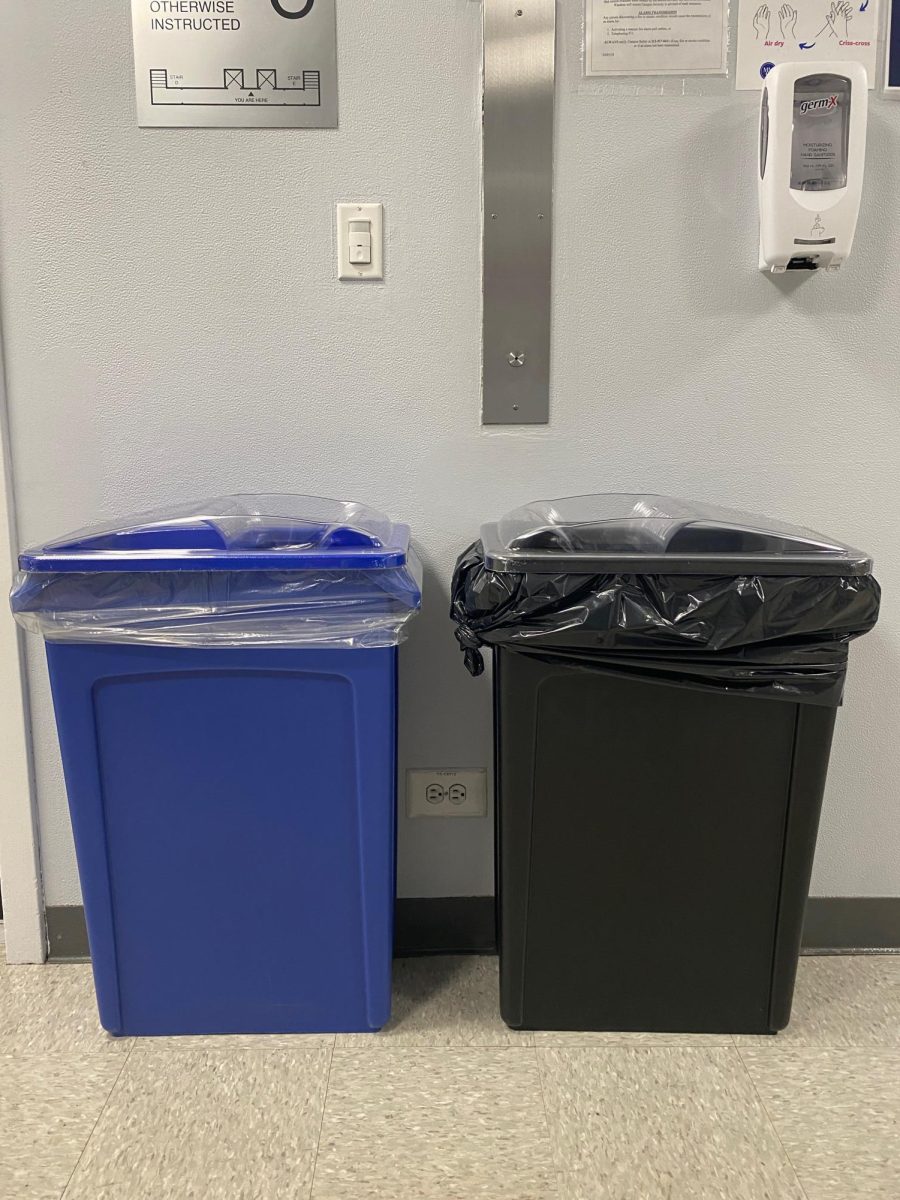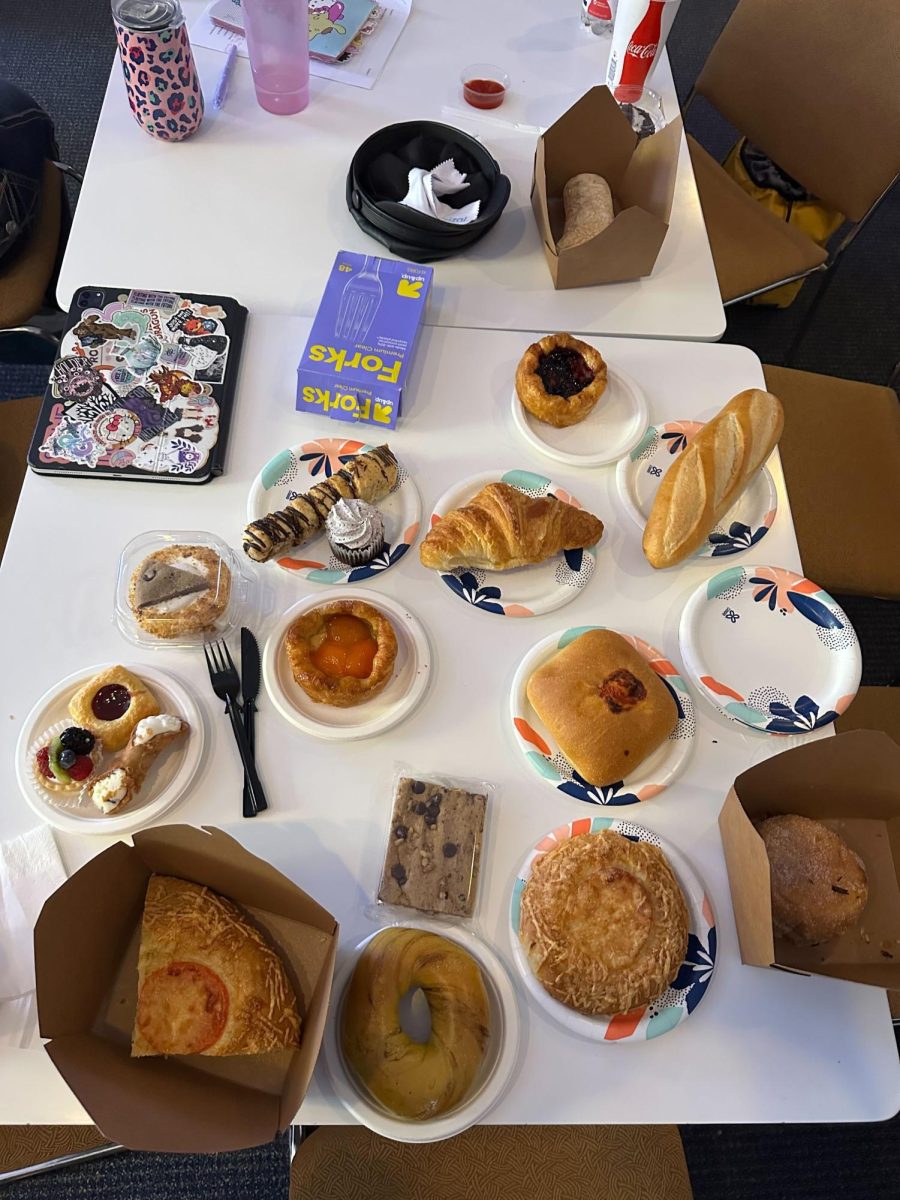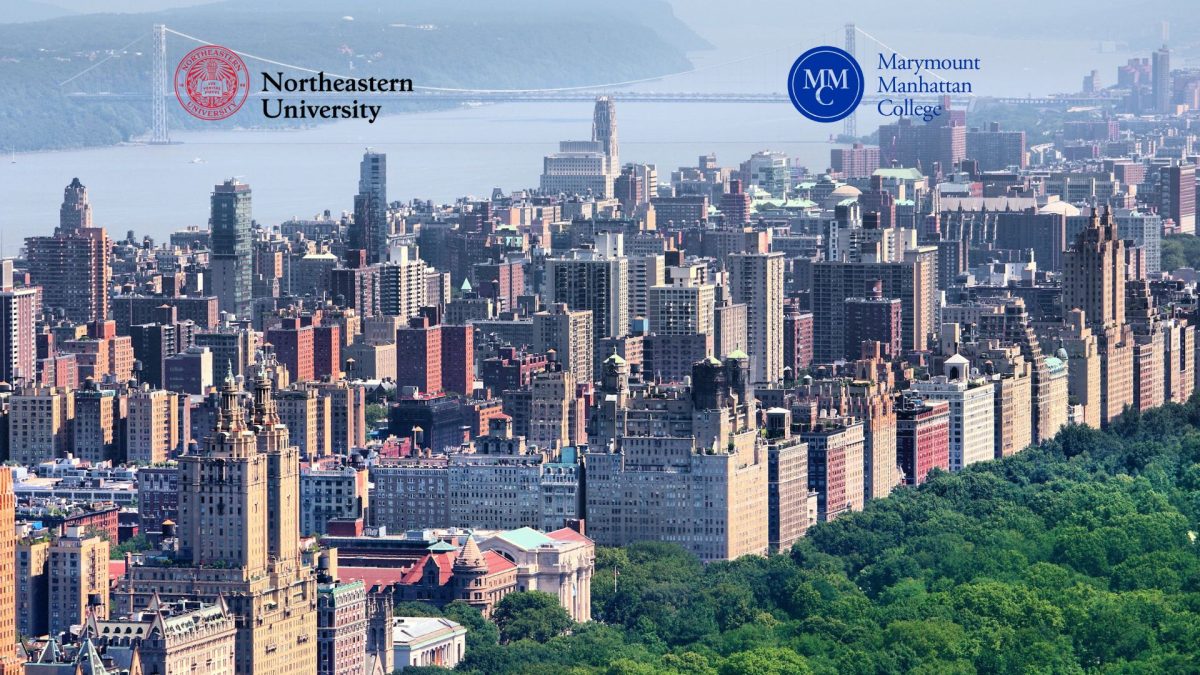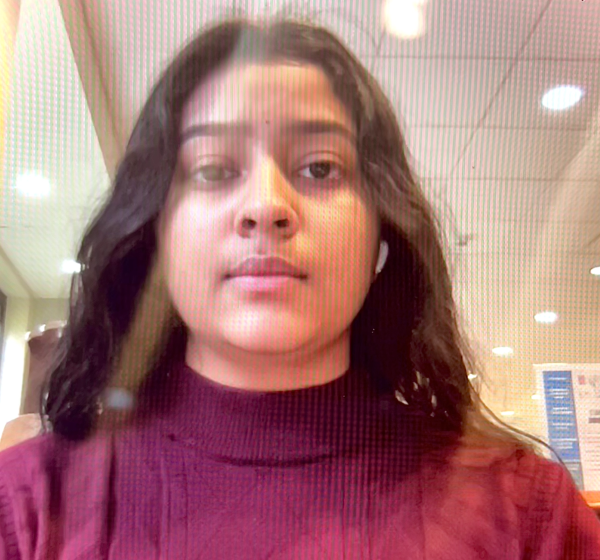On February 29th 2024, a class of Marymount students walked over to the Women’s Rights Pioneers Monument in Central Park to deliver their speeches addressing Social change. The students, led by Professor Erin O’Connor, aimed to address the public on the topic of Cultural Appropriation of the Indigenous people in America. In this mission, change and action were the prerogatives.
Presently, the event’s student attendees intend on writing to various responsible bodies, such as Clark Hunt of Kansas City Chiefs. In this specific letter, a request will be administered for a reconsideration of the team’s infamous logo and name on account due to its blatant appropriation of indigenous people.
Professor Erin O’Connor made this statement regarding the event, “Indigenous people have been chosen as the topic for this class simply because of their erasure and invisibility in the common histories; even in the cultural level classes about politics and human rights, that narrative of the settler colonialism which is the base foundation narrative is being left out. I think it’s important to have direct action learning experience so that the students can embody the principles and socio-political dynamics about which they are learning. They can also carry these practices into their futures which I think is more effective as a tool of social democracy than the virtual world.”
We at the Monitor were also given the privilege of talking to the students behind this movement. In these conversations, there was an integral question to be asked- out of each potential contender, what made indigenous appropriation the topic of primary concern?
Maya, a sophomore at MMC, spoke on the topic:
“Regardless of how the name Kansas City Chief came to be, the association with the name is inherently racist and they made that clear by changing their mascots. I think it’s our job as students to advocate because why should we live in a world where it’s okay for sports groups to make mascots of communities and cultures? That is not okay and If we can do something to change that, then we should.”
It’s obvious that these students are enthusiastically prepared to bear the rugged road of political advocacy through civil protest, and unwavering demands to those perpetuating the problem. Clearly, these kids aren’t afraid to raise their voices to address social changes, no matter who is at the brunt of their grievances. In a digital age running rampant with modernity’s plague of ignorance, these students provide us all with a valuable lesson. Not only do they boldly embrace the power of advocacy, no matter the implications, but they also remind all of us that this country is far from an ethical paradise. These students illuminate the unmarked graves of this motherland’s buried offenses, and delve into every currently opened crevice of hidden transgression. They give a nod to the work that’s been done, before turning ahead to continue the job. They care, truly. You should care too.

